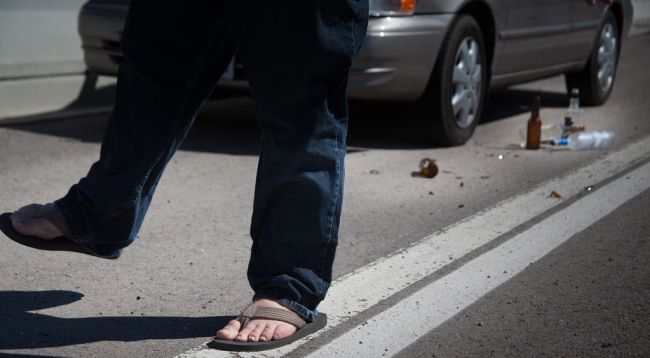
Supreme Court Decision Changes PA DUI Laws
In Birchfield v. North Dakota, the Supreme Court made an important ruling that has a direct impact on DUI cases here in Pennsylvania. In a 7-1 decision handed down on June 23, 2016, the justices ruled that the Fourth Amendment’s prohibition against “unreasonable searches and seizures” applies to warrantless blood tests for DUI cases.
Blood Testing and DUI Laws in Pennsylvania
In the past, when an officer makes a traffic stop with the suspicion of DUI, they could pressure the driver into giving a blood draw. Under the Pennsylvania Implied Consent laws, a person who refused to undergo a DUI test like a blood draw could face greater criminal charges for that refusal. In some cases, the officer would explain this by saying the individual was required to take a blood test. In essence, the Commonwealth and the police were coercing people to submit to a blood test, or be punished for refusing.
The Supreme Court Decision
In this ruling, the Court determined that this practice was unconstitutional without a warrant. They also ruled that testing via breathalyzer is still allowed under each state’s implied consent laws, but drawing blood is more invasive and would need a warrant to carry out.
What this means to Pennsylvania DUI Cases
This decision has huge implications for past, current, and future DUI cases here in Pennsylvania. First, it means the current PA implied consent law needs to be rewritten, as it explicitly mentions chemical blood testing. Second, if you are pulled over and the officer suspects you are driving under the influence, they cannot coerce you into taking a blood test. That means they can’t draw your blood until you see a signed warrant.
Finally, this case has some interesting ramifications on current and past DUI cases. Current cases that rely on the defendant’s blood test as evidence will be inadmissible unless there was a warrant involved. And if you had a DUI case prior to June, or you are part of the Accelerated Rehabilitative Disposition (ARD) program in Pennsylvania, and your blood was drawn under the implied consent laws, this Supreme Court decision will affect your case. We suggest you talk to a DUI lawyer to see in what ways this decision changes your case.

